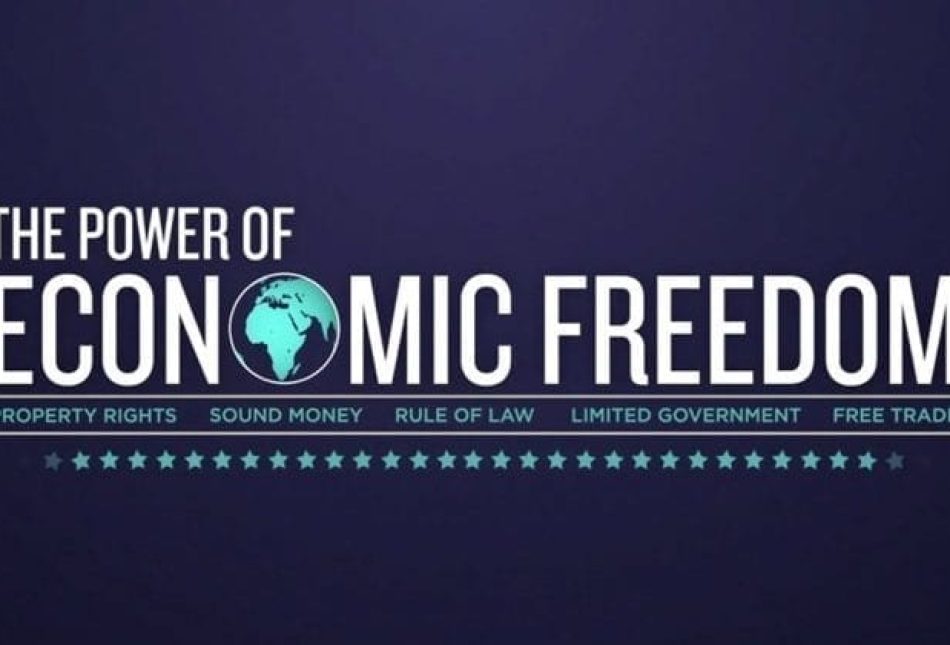Healthcare
post
Try Free Market Health Care First

In the West Side Journal opinion section last week, two letters and one opinion piece argued for some form of health care “reform.”
Each of these writers implied that more government involvement in health care is the solution to our problems. No one, with the exception of one writer who decried the idea that anyone in health care should make a profit, offered any concrete reform proposals that would actually lower costs, improve quality, and increase access to health care. I will do just that below.
First and foremost, however, profit is not a real problem when it comes to health care. Actually, if profits played a bigger role and government a smaller one, we’d all be better off. After all, while doctors certainly get into their profession because they care for and want to help sick people, historically, at least, it has been a particularly high-paying profession. How else to pay off those massive bills from medical school?
Now that regulations and red tape dominate doctors’ days and government sets so many prices and pays so many bills, the profit motive is simply not there. This situation is exacerbated in New Mexico because doctors must pay gross receipts taxes of up to 8 percent on any co-pays and deductibles paid out of pocket under the state’s gross receipts tax.
These and other policies mean that the best and brightest no longer see medical school in their futures with fewer doctors working in New Mexico’s rural areas.
Far from our health care system resembling anything close to a “free market,” government spending on health care accounts for 46 percent of all such spending. Additionally, federal tax policies favor third-party-purchased coverage by allowing employers to purchase coverage tax-free, thus taking cost decisions out of the hands of individuals and reducing the incentives for average workers to be cost-conscious consumers when it comes to health care. As if that is not enough, states also regulate care, thus piling on costly mandates. New Mexico has 51 of them.
On the supply side, licensing and other regulations enacted at the behest of the medical profession have constricted the supply of doctors and other health care professionals. Many states also require “Certificate of Need” permission from the government prior to construction or expansion of certain health care facilities.
Before using additional government regulations and President Barack Obama’s “public option” to cure our health care system, it would behoove all of us to become educated on the ways in which current government policies increase costs and reduce the availability of care. Perhaps then we will have real change that frees our health care system from its current wasteful and inefficient practices without resulting in the rationing and additional bureaucratic control we’ll face if the government takes charge.
Paul J. Gessing is president of the Rio Grande Foundation.
